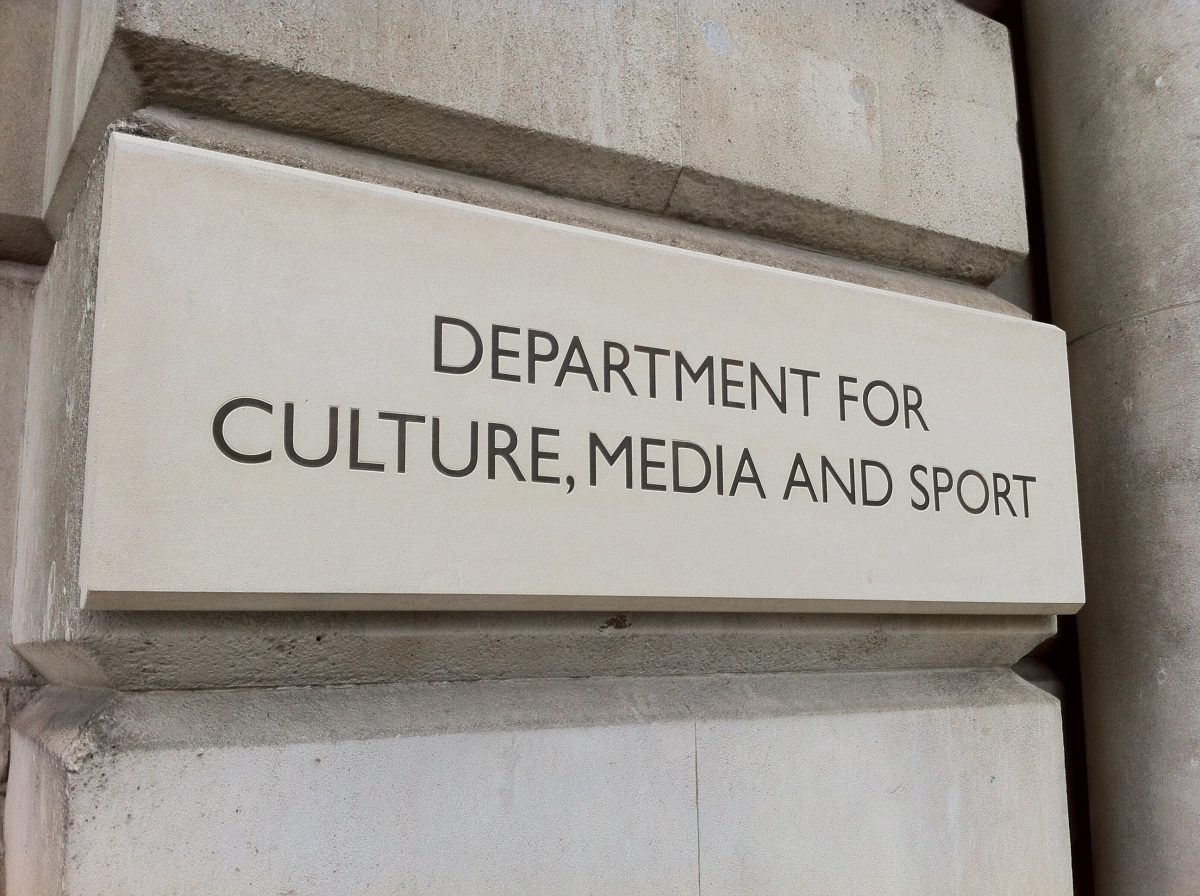Call on UK government to prohibit and phase out state ownership of football clubs

Systemic stability not possible with nation state involvement
FairSquare has this week written to Lucy Frazer, the Secretary of State for Culture, Media and Sport, urging the UK government to outlaw state ownership of English football clubs.
FairSquare Projects is a non-profit research and advocacy group that tackles the systems and structures that enable and perpetuate human rights abuse. One of the issues the organisation addresses is accountability in sport. FairSquare’s letter, sent to the British government on 14 March, responds to the recent White Paper on the reform of club governance in England, which does not address or prohibit state ownership of English clubs. In its letter, FairSquare outlines four key concerns over state ownership and examples of the threats they pose: states’ use of force and aggression; the prospect of multi-club ownership and ramifications for competitive integrity; the financially destabilising impact of state ownership; and the use of clubs as branding vehicles for abusive states.
FairSquare urged the Department for Culture, Media and Sport to revise the criteria in the fitness and propriety test and outlaw ownership of English clubs by states or their proxies. This should at the very least bar any new takeovers, but the regulator should be mandated to identify ways of phasing state involvement out of the game. The proposed independent regulator should be protected from political pressure or interference by rules that dissuade states or their proxies from even attempting to take ownership of clubs.
James Lynch, co-director of FairSquare, said:
“No football club that is run responsibly and in the interests of its fans and its local community can compete with a club that is run in the political interests of an autocratic state. The government deserves credit for listening to fans and there is much to applaud and support in the White Paper, but the powers of an independent regulator will be critically undermined if nation states control the top of the football pyramid, and the harms that flow from allowing autocrats to control the game go far beyond the reputational damage to the clubs themselves.”
The recent white paper on the reform of club governance in England sets out a range of vital protections for English football, including a commitment to establish an independent regulator backed by legislation, and the intent to strengthen the Owners and Directors test. However, there is no reference to state ownership of football clubs and a proposed “fitness and propriety test” takes no account of whether a prospective owner is acting in the political interests of a state.
The arguments against allowing states to control football clubs ought to be self-evident, and result from the powers they can exercise. Only autocratic states, with power and wealth concentrated in the hands of unaccountable individuals, are able to sanction the use of sovereign wealth to finance football clubs. Autocratic states abuse their sovereign powers in various harmful ways. As the letter outlines, autocratic states use force arbitrarily to establish and maintain power domestically, and to wage war abroad, and they have the capacity to dispose of vast sovereign wealth without any oversight or transparency. Their primary motivation for controlling football clubs is typically the reputational benefits that can accrue. As such they are likely to contribute to systemic instability in the sport, they jeopardise competitive integrity, and they will turn valuable pieces of cultural heritage into branding vehicles for their political interests.
In relation to states’ use of force and aggression, if competing football clubs become proxies for states, particularly ones such as the Gulf states – where credible reports indicate that as recently as 2017 Saudi Arabia and the United Arab Emirates planned to use force against Qatar – the consequences for the game could be drastic, undermining not just the stability of individual clubs but the systemic stability of the league, which would be exposed to geopolitical dynamics and insecurity. State ownership additionally leaves the league inextricably entwined with the foreign policy of the UK, which has very substantial political, economic and security interests in the Gulf region. The recent forced sale of Chelsea FC, necessary because the UK government imposed an asset freeze on its former owner, Roman Abramovich, in the aftermath of Russia’s invasion of Ukraine, points to the dramatic limitations to state owners’ claims that they can provide the stability that fans and local communities need.
The ability of autocratic states to disguise the source of funding and to exercise control via third parties that are separate from the state also threatens the competitive integrity of the top echelons of English football and its systemic stability. Last month, we wrote to UEFA urging them to rule out a Qatari acquisition of Manchester United. A study of Qatar’s political and economic system demonstrates the impossibility of Jassim bin Hamad Al Thani’s consortium proving itself independent of state influence, and thus separate from the ownership of Paris Saint Germain.
The White Paper rightly identifies that, “English football is currently endangered by the high and growing risk of financial failure among clubs”. However, a critical factor in this phenomenon that is not referenced in the paper, is the capacity of state-owned clubs to outspend other clubs, disguising the sources of their funds. This poses a specific threat to the integrity of English football, by creating unsustainable inflationary pressures. The English Premier League charged Manchester City last month with breaking financial fair play rules around 100 times over a nine-year period between 2009 and 2018. While the club denies any wrongdoing, a Financial Times study last month compared clubs’ wage bills and their performances over the past nine seasons and found that Manchester City scored 15 more points per season than would be expected based on their declared wage bill, relative to other clubs.
There is considerable evidence to suggest that the primary motivation for states taking control of football clubs is political rather than commercial, and that club ownership serves as a form of soft power that enables autocratic states to burnish their reputations. In 2023, lawyers acting on behalf of Saudi Arabia’s Public Investment Fund described it to a US court as “a sovereign instrumentality of the Kingdom of Saudi Arabia”, and clarified that the chair of Newcastle is a “sitting minister” of the government, in direct contradiction to the supposedly “legal assurances” that PIF had offered to the Premier League that it was separate from the Saudi state. Prior to this, in December 2022, Saudi Arabia’s ambassador to Norway had openly acknowledged not just the role of the state, but the purpose of the takeover. “You call it sports washing, I call it soft power diplomacy,” she told the newspaper Daglabet, referencing not just Saudi’s control of Newcastle United, but the UAE’s ownership of Manchester City and Qatar’s ownership of Paris Saint-Germain. “It is a tool that other nations also use … It is not a tool to create a good image of the country, but to reflect the good image that is already there”, she said. This “sportswashing”, to use a widely used but somewhat reductive term, is particularly harmful in the case of football clubs. As the white paper notes, “unlike typical businesses, football clubs are community assets with cultural heritage value”. The paper rightly describes their non-economic contributions to the communities they serve and their contribution to “civic identity and pride in place.” When States use football clubs as branding vehicles, they are using the positive reputation of clubs – and their roles within their communities – to launder their own reputations. In doing so, they risk doing tremendous harm to the reputations of the clubs themselves.
James Lynch, co-director of FairSquare, said:
“This is a critical juncture for the future of the game and an opportunity for the government to draw red lines when it comes to state ownership, but instead it risks rolling out the red carpet to states that pose arguably the most serious threat to the long term vitality and reputation of English football.”

